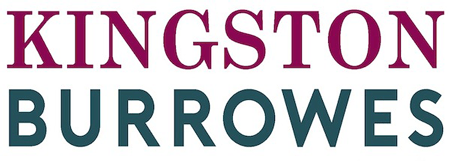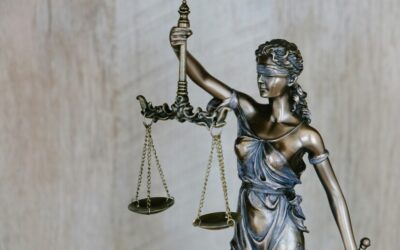Marriage Allowance is one of the most under-utilised personal tax saving options and at a time when cost of living pressures are only increasing, it’s worth taking advantage if you can. One of the reasons for such a low take up of the scheme is probably because the allowance is not applied automatically, instead a claim must be submitted to benefit from the tax relief.
Tax Relief through UK Marriage Allowance
Marriage Allowance operates on a fairly simple premise. Where two individuals are in a legally recognised partnership (such as married couples and civil partners), and one individual pays tax at the 20% basic rate, while the other is earning less than the personal tax allowance, they can share the tax-free allowance.
This allows married couples and civil partners to support each other financially by sharing £1,260 (10%) of the lower earners allowance with the higher earner. The individual earning below the allowance simply transfers 10% of their tax-free entitlement to the other partner. The partner receiving the additional allowance, applies this to their income tax account, therefore reducing their tax liabilities.
At present the 2022/23 Personal Allowance is £12,570 and marriage tax allowance is worth up to £252.
Who is Eligible for Marriage Tax Allowance?
Those who are eligible for Marriage Tax Allowance need to meet the following criteria:
- They must be married or in a civil partnership
- One must be a non-taxpayer (earning less than £12,570 for 2022/23 tax year)
- The other individual must be a basic (20%) rate taxpayer (Higher and additional rate taxpayers aren’t eligible)
- Both partners must have been born after 6 April 1935 – otherwise Married Couples Allowance applies
If an individual’s circumstances change, for example, they divorce or their income status changes, then HMRC must be notified of the change.
Applying for Marriage Tax Allowance
The process involved to claim for the allowance must be completed by the non-taxpayer through the HMRC portal and once a successful claim has been made, there is no need to reapply in subsequent years as the tax relief will apply automatically. (If your employment or income circumstance have changed however, you will need to inform HMRC.)
Once the marriage allowance is in place, the higher earner will pay less tax each month, or if they are self-employed, they will see a reduced tax bill from HMRC as a result of having a bigger allowance.
Backdating Marriage Tax Allowance
Claims for Marriage Allowance can be made at any time and can also be made retrospectively to cover the previous four tax years. The entitlements for each tax year are worth up to:
- £252 (2022/23)
- £252 (2021/22)
- £250 (2020/21)
- £250 (2019/20)
- £238 (2018/19)
Therefore, by making a backdated claim, a couple could currently be entitled to a rebate of £1,242, which can either be taken as a lump sum, or applied as credit to offset future tax bills.
Consider Alternative Tax Allowances
There are also several other reliefs and allowances which could be useful to anyone considering where they can make tax savings, and these include:
Trading and Property Allowances
This is an annual tax-free entitlement of £1,000 related to income arising from property or trading, and the allowance applies separately, which means that you can claim a £2,000 allowance if you receive earnings from both property and trade.
If you pay maintenance to a previous partner or spouse, then you may be able to claim income tax relief of up to 10% of the value of the payments.
This allowance provides £2,000 tax free if you take dividend income from your own business or as a return on an investment.
As with marriage allowance, most allowances aren’t automatically applied by HMRC, and instead a claim must be made by the individual. Bear in mind also, that some reliefs have a time limit and entitlement could be lost if they are not claimed for in time.
Personal tax reliefs and allowances can be complex, therefore if you would like additional guidance or support to assess your tax saving eligibility, please get in touch with the Kingston Burrowes team who have extensive experience of personal tax planning and will be happy to discuss your options.




